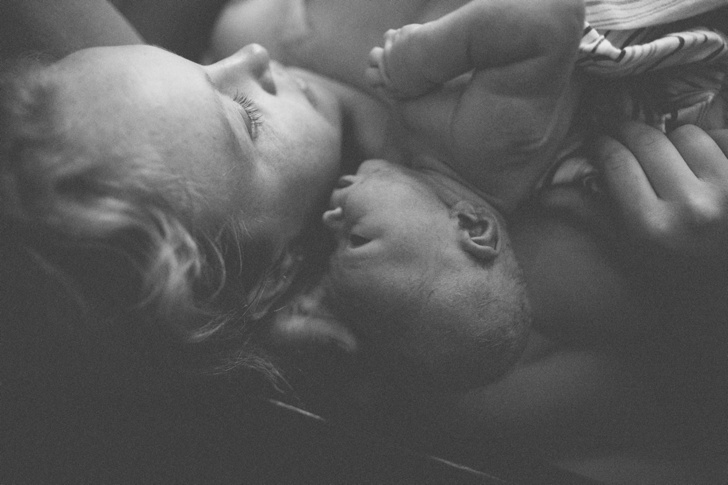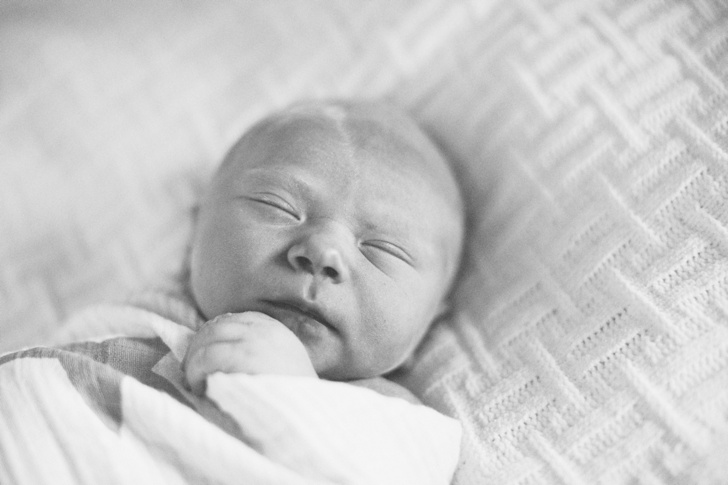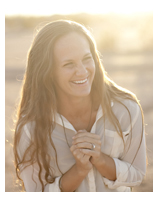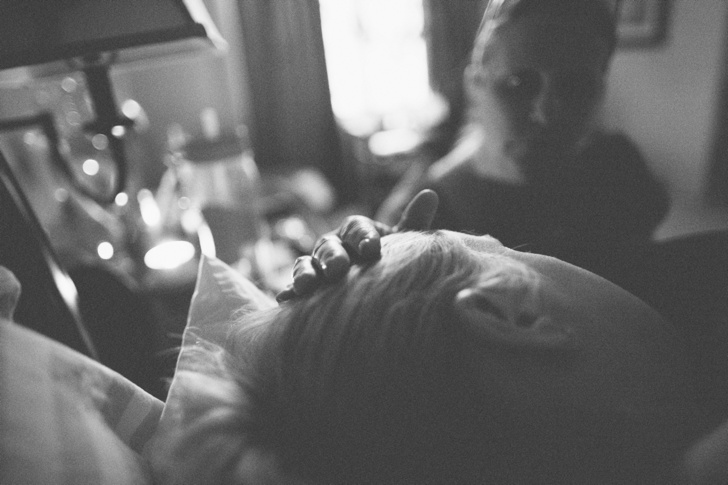A fog has rested upon us all.
We want to rejoice, we want to be merry and bright. Yet we find ourselves facing a largely unfamiliar solemnity, a collective ache, an inescapable undercurrent of pain. . .
Because their stockings are still hung by the chimney with care.
Because their gifts still lay wrapped tenderly beneath the tree.
And there will be no eager footsteps in their hallways come Christmas morning. . .
_______________
Felix’s brave momma, Jenna, elected to give birth to him at home. . . with the help of only a midwife and a few trusted friends. (Her husband, Brian, was away on deployment and took part in the experience via Skype.) When I arrived at the home where Jenna was preparing to welcome her son into the world, it was the middle of the night. The stars burned bright in the Scottsdale sky (I mention it only because it was the kind of sky you never forget your entire life through). The lights inside were dim, and there was a tangible tenderness in the air. A room full of women. . . Jenna in the middle. . . slowly, confidently breathing her way through the excruciating pain. As the night wore on, and Jenna’s pain increased, there were moments when it was nearly unbearable to watch. Tears spilled from my eyes, and I wanted nothing more than to wrap my arms around her. I would have done anything to help bear her pain, and I know my feelings were shared by every other woman in the room that night.
And things went on this way.
For hours.
The intensity of pain Jenna was experiencing lasted all through the night and well into the afternoon of the next day. All the while, there was nothing any of us could do—except for love, encourage, support and stay by her side. All we could do was make certain she knew we loved her and that we weren’t going anywhere.

After Felix was finally placed into his mother’s eager arms, I listened to her genuinely and adoringly thank every woman for their presence through her pain. I listened as she told every one of us, individually, that she couldn’t have survived without us. We had done nothing to ease her pain. Nothing. She brought that baby into the world on her own. She suffered through every breath of anguish. And yet, somehow, our love, our simple presence had made a real difference for her. Jenna’s gratitude was unforgettable, unbelievable and extraordinarily sincere.
So, where do we go from here?
There are so many in this world who are writhing in emotional pain, laboring through overwhelming fear, sorrow, horror . . . and loneliness that cannot be described. For many, and certainly those of Newtown, CT, Hell is a matter of every day life.
Where DO we go from here? I’m afraid I don’t have a perfect answer. I can only explore the question right along with every other member of the human family. . . But I imagine the answer lies somewhere near the region of LOVE. A love that is more complete, more open, more unconditional—a love that is not bound by pretext or restraint.
We need to be kinder with one another, more gentle and forgiving. We need to be slower to anger and more prompt to help. We need to extend the hand of friendship and resist the hand of retribution. In short, we need to love one another with the pure love of Christ, with genuine charity and compassion and, if necessary, shared suffering, for that is the way God loves us…. We need to walk more resolutely and more charitably the path that Jesus has shown. We need to ‘pause to help and lift another’ and surely we will find ‘strength beyond [our] own.’ If we would do more to learn ‘the healer’s art,’ there would be untold chances to use it, to touch the ‘wounded and the weary’ and show to all ‘a gentle[r] heart —Howard W. Hunter
May we come together, as members of the human family, irrespective of race, political affiliation or creed, and let each other know that we are here for one another in complete charity (love) —and we aren’t going anywhere.





